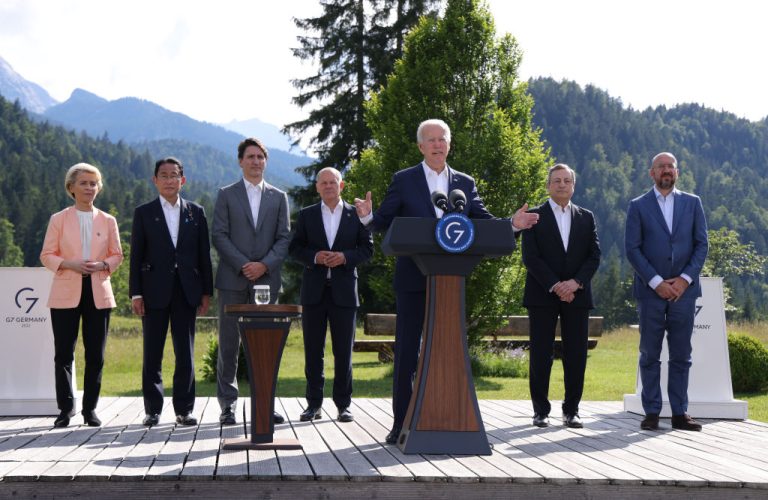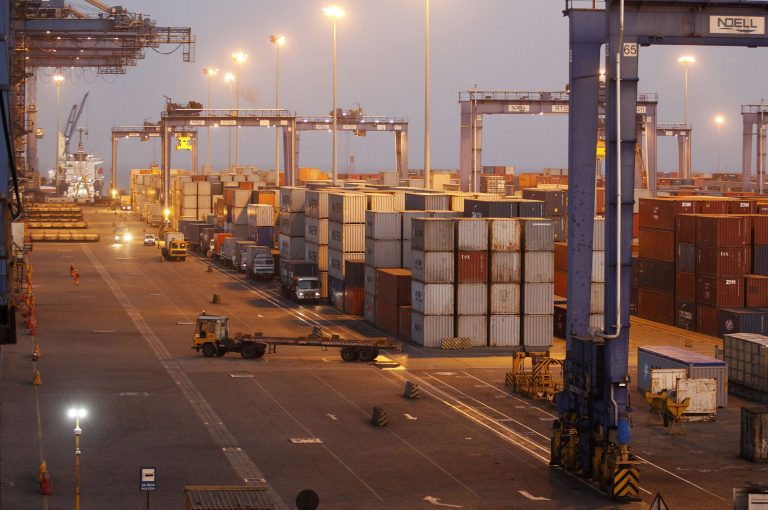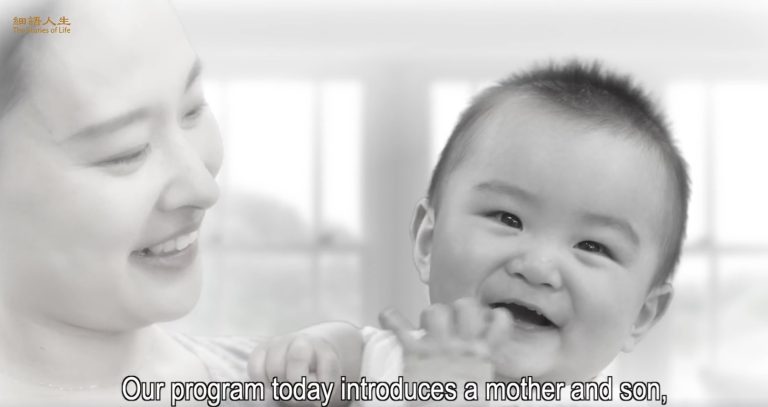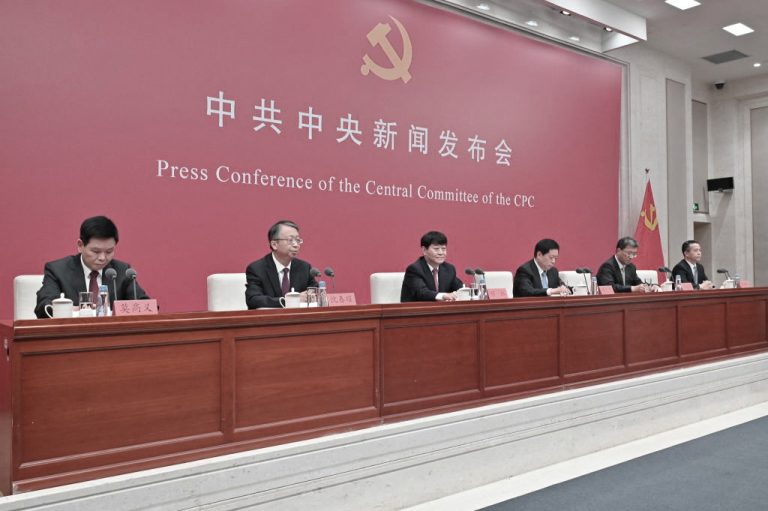This year’s G7 summit has seen European Union (EU) leaders from France, Germany and Italy join forces with usual allies Canada, Japan, the United Kingdom, and the United States in a three-day event starting on Sunday, June 26 and running until Tuesday, June 28.
In addition to the regular invitees, a few new countries were also invited to partake in the event this year — with the G7 official website announcing that Argentina, India, Indonesia, Senegal and South Africa were also invited to the summit taking place at the historic Garmisch-Partenkirchen resort located in the Bavarian Alps of Germany.
On the first day of the summit, sitting-U.S. President Joe Biden announced plans to raise $600 billion in order to create a new G7 initiative — also known as the Partnership for Global Infrastructure and Investment (PGII) — in an effort to counteract China’s global influence through its Belt and Road Initiative (BRI), as well as a number of recent developments in its naval and military programs.
MORE ON CHINA’S MODERNIZATION EFFORTS:
- Chinese Navy Launches 3rd Carrier, Deploying New Electromagnetic Launch Technology
- China’s Construction of ‘Most Advanced’ Aircraft Carrier Nearing Completion: Satellite Images
- More US Ship-shaped Targets Appear in Chinese Desert: Satellite Images
- Xi Tightens Grip Over Chinese Propaganda Ahead of Key Conclaves
Biden’s remarks came after U.S. National Security Advisor Jake Sullivan warned in a statement during the summit’s first day that Washington and its Western allies would take aim at a “rapidly developing” China. Sullivan added that though the new G7 initiative aimed to curb China’s growing military prowess and business operations via its BRI project, he also stressed that “Western nations sought neither confrontation with Beijing, nor to divide the world into rival blocs,” Sullivan told the South China Morning Post (SCMP).
“[We] do think that there is increasing convergence, both at the G7 and at NATO, around the challenge China poses and around the need — the urgent need for consultation and especially alignment among the world’s leading market democracies to deal with some of those challenges,” Sullivan told reporters on June 27.
Success
You are now signed up for our newsletter
Success
Check your email to complete sign up
However, Sullivan stated that, “competition does not mean confrontation or conflict,” and that the U.S. is “not looking to start a Cold War, or trying to divide the world and make every country choose [where they stand on China],” he added.
Beijing’s ‘debt-trapping’ diplomacy
“We want to stand for a set of principles, rules of the road that are fair and understood and agreed by everybody,” Sullivan said. “And we want to ensure that we’re working with like-minded partners to hold China accountable to adhere to those rules.”
The new initiative is a revamping of the Build Back Better World initiative, which was introduced at last year’s G7 summit. The updated PGII initiative seeks to offer an alternative to infrastructure models that sell “debt traps,” the White House said following Biden’s announcement on June 26.
“Together with G7 partners, we aim to mobilize US$600 billion by 2027 in global infrastructure investments,” the White House’s statement said.
What started out as an ambitious project aimed at “facilitating trade and promoting connectivity and cooperation among countries in Eurasia Africa,” has been plagued with financial problems compounded by China’s stagnating economy due to the country’s “zero-COVID” policies, and subsequent decline in consumer spending and major supply chain disruptions.
Analysts have warned that Beijing’s project may well be on its deathbed as financial and logistical challenges brought about by the war in Ukraine, rising geopolitical tensions, and sweeping sanctions imposed on Russia — a key trade partner for China — are threatening to completely derail it.
In addition to “bullying” debt-riddled countries such as Sri Lanka and Djibouti to sign up for the BRI under the premise of handsome funding for large infrastructure projects, the Chinese regime has also been gaining favors via the BRI.
After Beijing made a big investment into Greece’s real estate sector, for instance, the Greek government blocked an EU statement criticizing China’s human rights record, and ongoing prosecution against the country’s ethnic minority of Uyghur Muslims.
According to U.S. Secretary of Defense Mark Espert, “through its Belt and Road Initiative, the People’s Republic of China (PRC) has been leveraging its overseas investments to force other nations into suboptimal security decisions.”
On Russia and Ukraine
During a virtual meeting with Ukrainian President Volodymyr Zelensky held on Monday, June 27, Zelensky urged the summit’s leaders to send more weapons and military assistance in order to aid Ukrainian troops in “ending the war by 2022.”
The leaders also decided on new steps to isolate Russia’s economy — including a ban on new imports of Russian gold, and unveiled new sanctions on Sunday, June 26 targeting Moscow’s oligarchs as well as Russian President Vladimir Putin himself. In a joint statement released after their meeting with Zelensky, the leaders pledged to continue supporting Ukraine “for as long as it takes.”
MORE ON THE RUSSIA-UKRAINE CONFLICT:
- German Journalist Criminally Charged, Bank Account Seized, for Deviating From the Official Narrative on Ukraine
- ‘Killer Robots’ Are Playing an Increasing Role In the War in Ukraine
- Washington Further Provokes Moscow With Rumors of Pending Hellfire Missile Drone Sale To Ukraine
The leaders also discussed moving closer to capping the price that countries can pay for Russian oil, a senior U.S. official said. The official added that the leaders would aim to further restrict Putin’s cash flow in order to bring down soaring gas prices seen across the world, and “provide greater stability to energy markets.”
Furthermore, the official said that the leaders were also “zeroing in on the way Russian oil is being shipped,” and are planning to direct their governments to take “urgent steps” in designing a price cap mechanism for nations that are not part of the economic alliance.







